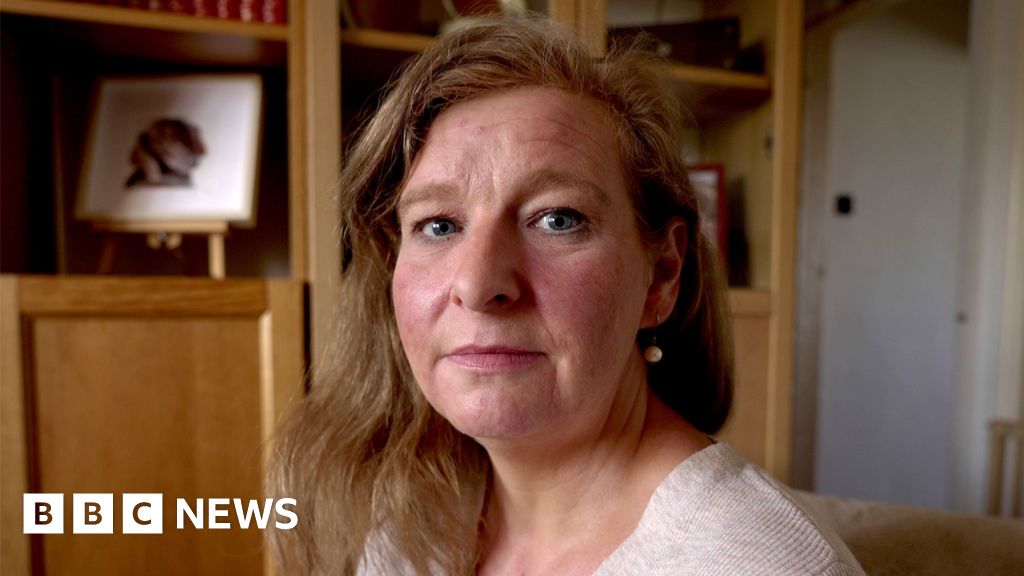T4K3.news
Harvard study reveals link between mother's age and child's sex
New research indicates older mothers may be more likely to have multiple children of the same sex.

A recent study from Harvard explores how maternal age affects the sex of children born.
Harvard study reveals link between mother's age and child's sex
Research from Harvard T.H. Chan School of Public Health suggests a connection between a mother's age and the sex of her children. Published in the journal Science Advances, the study analyzed data from over 58,000 women. It found that women who have their first child at 29 or older are more likely to have subsequent children of the same sex compared to younger mothers. Furthermore, families with three children of the same sex are more inclined to have a fourth child of the same sex. This research sheds light on a previously debated topic, challenging the notion that the determination of a child's sex is purely random.
Key Takeaways
"It's not necessarily random probability."
Dr. Bernard Rosner explains the significance of their findings.
"Instead, we hope it opens the door for investigation into maternal influences on offspring sex."
Siwen Wang discusses the study's broader implications.
The findings of this study may provide a fascinating insight into the interactions between maternal age and genetic factors influencing the sex ratio of children. While the results support the idea that older age could skew sex ratios, they caution against viewing this as a predictive tool. The complexity of genetics and maternal biology means that such tendencies can vary widely. The potential implications extend beyond curiosity; understanding these trends may influence future discussions about reproductive health and family planning, especially as parental demographics shift.
Highlights
- Older moms may have more sons and daughters, according to new research.
- Family size and gender balance can depend on a mother's age.
- The science of baby gender just got more interesting.
- Is maternal age the hidden factor in child sex ratios?
Potential sensitivities surrounding findings
The study addresses how maternal age influences the gender of children, which can spark public discussions on gender biases and reproductive choices.
The implications of this research can reshape our understanding of familial dynamics and reproductive trends today.
Enjoyed this? Let your friends know!
Related News

Triclosan in soaps linked to eczema in children

Harvard reveals new findings on family gender dynamics

Investigation reveals severe side effects of Ropinirole

Smartphone Use Before Age 13 Linked to Mental Health Issues

Merseyside jails 66 criminals in July

Ancient DNA connects modern Europeans to Siberians

Mother identifies rare genetic disorder through global community

New study links radioactive waste to cancer risks in Missouri
